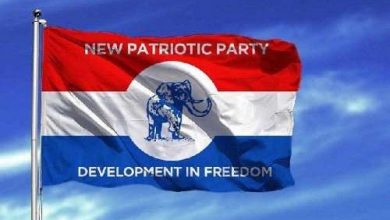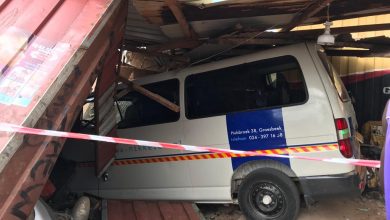
The NDC presidential candidate, John Dramani Mahama, has expressed concern about the current state of the economy.
Addressing the Western Regional House of Chiefs in Sekondi on the first day of his campaign tour of the Western Region, Mr. Mahama said this has prevented Ghana from borrowing on the international market.
” Ghana has sought IMF assistance approximately 17 times, primarily for microeconomic stability. Notably, our debt levels were relatively low during those periods. However, recent IMF engagements have focused on both microeconomic stability and debt sustainability. Unfortunately, our debt has surged to 104%, up from 57% in January 2017.
The IMF has urged us to implement debt reduction measures. Consequently, Ghana is currently ineligible for foreign loans. In my view, the economic mismanagement borders on criminal negligence. It appears that the administration has intentionally accumulated debt despite warnings, potentially profiting from these loans through bank brokers. This reckless borrowing has led to our current economic challenges,”
Mr. Mahama said in the last three years, more than 800,000 Ghanaians have become poor due to the mismanagement of the economy.
” Ghana’s poverty statistics are alarming, with approximately 800,000 people living below the poverty line. While I couldn’t find specific data for the Western region, it’s evident that poverty is a significant concern there as well.
He continued, ” The new government faces a daunting task in addressing this issue. Reducing poverty will require concerted efforts, but I’m optimistic that the NDC can play a crucial role in helping Ghana overcome this challenge and thrive once again,”
He said mismanagement of the cocoa sector has affected production.
According to him, ” We are currently facing a £350,000 debt burden. The challenge lies in the fact that the incoming government will be saddled with this liability, despite not being responsible for the expenditure. The previous administration had taken the funds in advance.
As a result, the proceeds from next year’s cocoa harvest will be utilized to settle this debt. Historically, the Cocoa Board’s budget has been misallocated, with a substantial 3.4 billion cedis being diverted towards administrative costs rather than supporting farmers.





